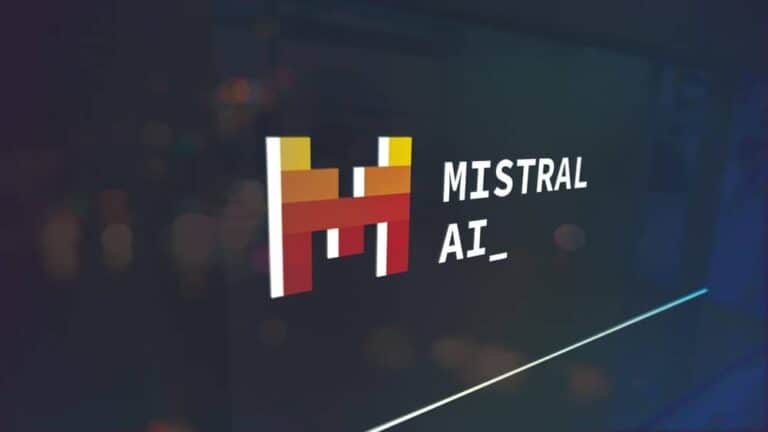Paris-based AI startup Mistral AI reports it is open-sourcing a new, lightweight AI model called Mistral Small 3.1. The company claims this model outperforms similar models from OpenAI and Google LLC.
This move will further intensify the competition for powerful, yet cost-effective large language models (LLMs). Mistral Small 3.1 can process both text and images with only 24 billion parameters. This means it operates at a fraction of the size of many advanced models while still maintaining competitive performance.
In a blog post, Mistral explains that Mistral Small 3.1 delivers enhanced text performance, multimodal processing capabilities, and an expanded context window of up to 128,000 tokens compared to its predecessor, Mistral Small 3.
Additionally, the model can process data at the speed of approximately 150 tokens per second, making it particularly suitable for applications requiring rapid responses. This technological achievement highlights Mistral AI’s alternative strategy. Rather than simply deploying greater computing power, the company focuses on algorithmic improvements and optimization techniques to maximize the performance of compact model architectures.
More accessible and more sustainable
The primary advantage of Mistral AI’s approach is increased AI accessibility. By developing powerful models that run on relatively modest infrastructure—such as a single RTX 4090 GPU or a Mac laptop with 32 GB of RAM—advanced AI applications can be deployed on smaller devices and in remote locations.
This strategy may ultimately prove more sustainable than continuously scaling AI models. With companies like China’s DeepSeek adopting similar approaches, better-funded competitors may eventually need to follow this path.
Founded in 2023 by former AI researchers from Google DeepMind and Meta, Mistral AI has quickly established itself as Europe’s leading AI company. To date, it has secured more than $1.04 billion in funding and is valued at approximately $6 billion—a significant amount, though still modest compared to OpenAI’s $80 billion valuation.
The power of open-source
One of Mistral AI’s most distinctive choices is its commitment to open-source models, in contrast to competitors’ closed, proprietary approaches. This strategy has already facilitated the development of excellent reasoning models based on Mistral Small 3, demonstrating that open collaboration can accelerate AI development.
By making models open-source, Mistral benefits from broader R&D capacity within the AI community. However, this approach also presents revenue generation challenges, as the company must focus on specialized services, enterprise implementations, and unique AI applications instead.
